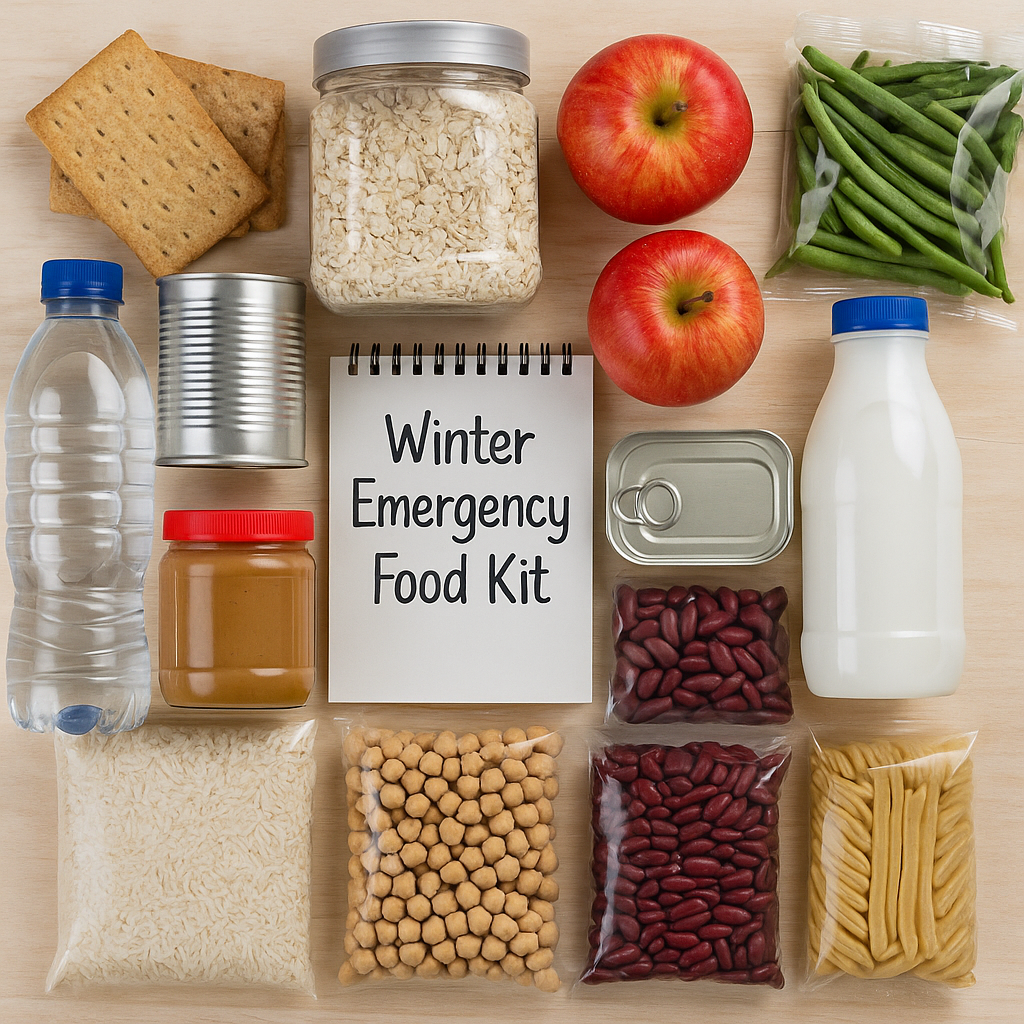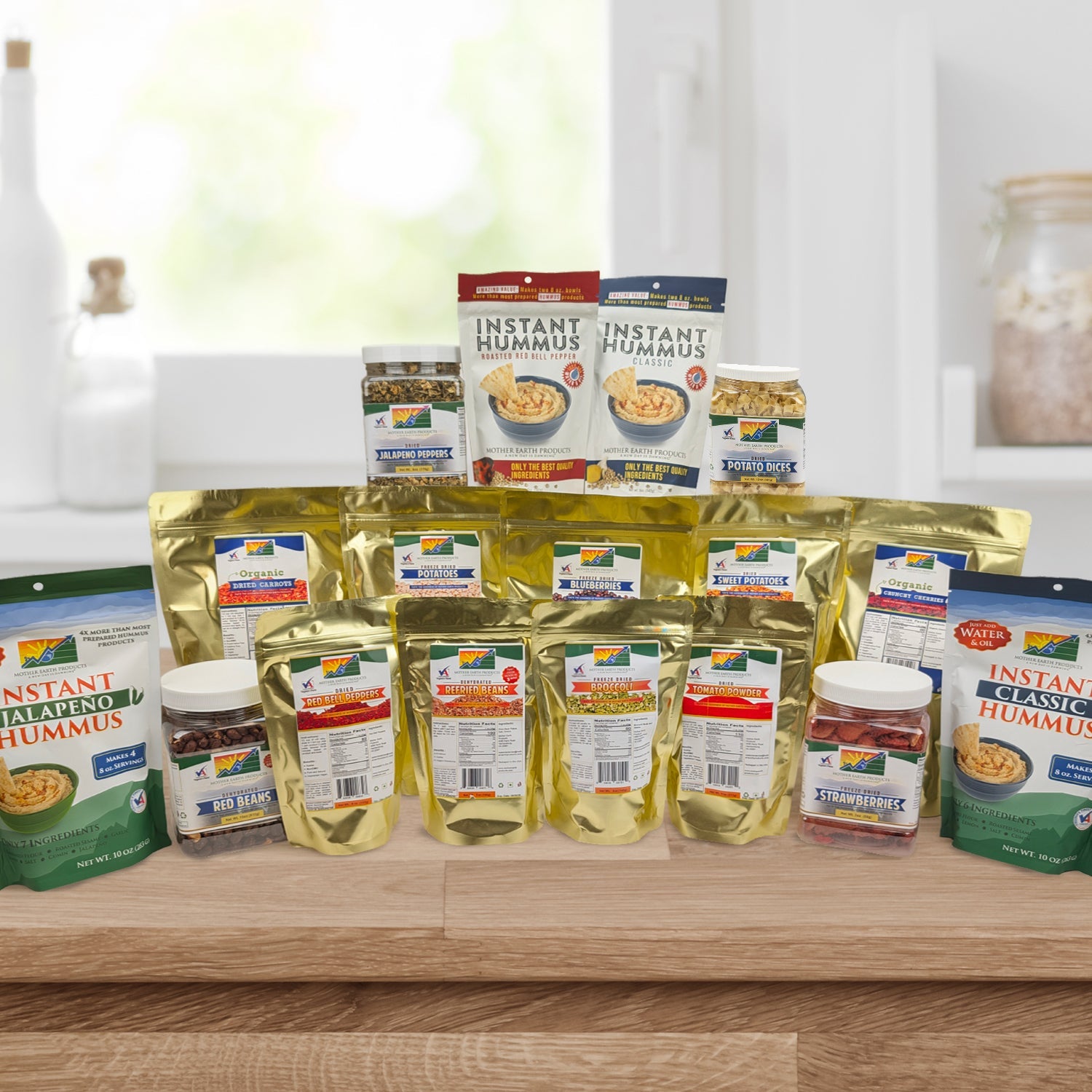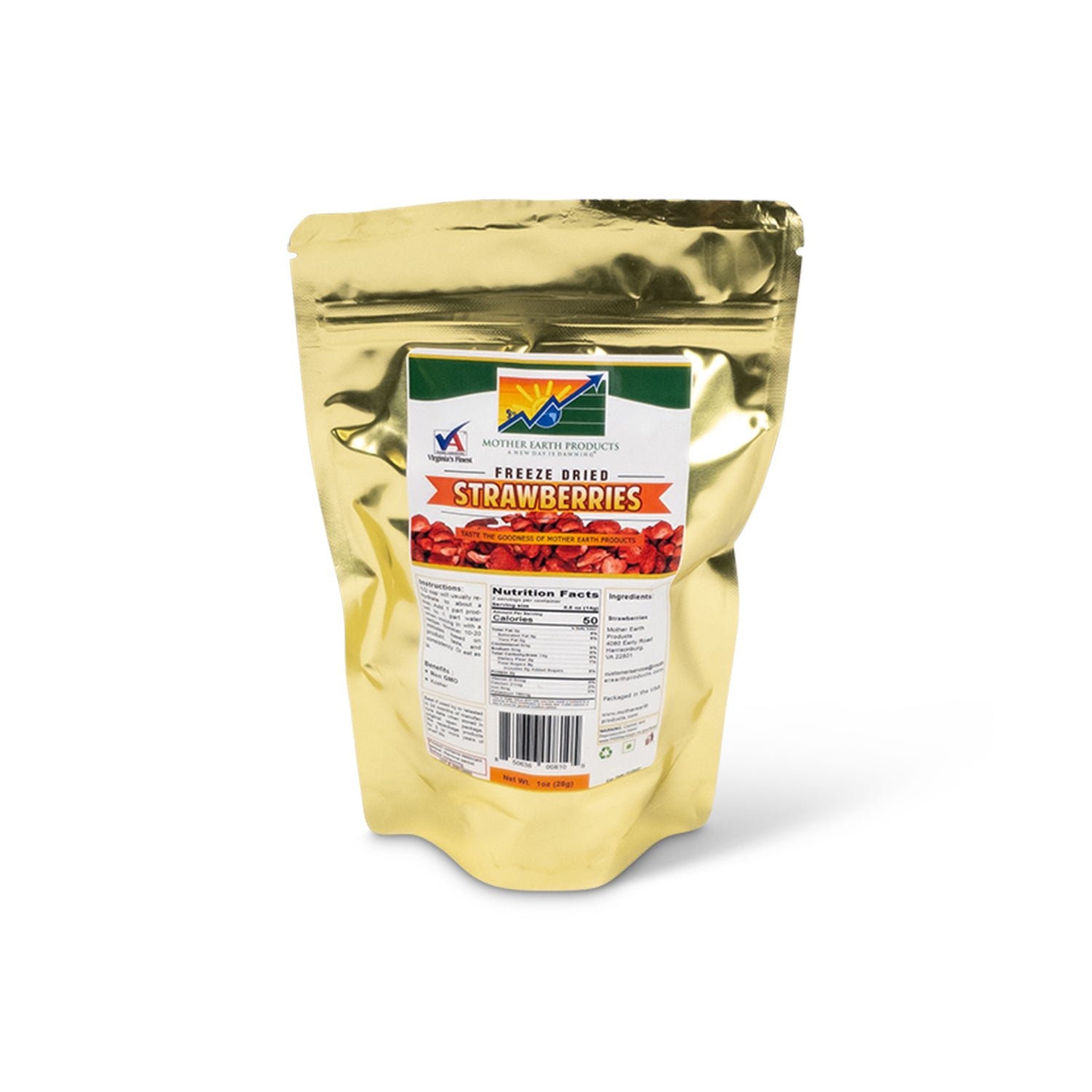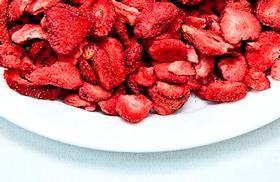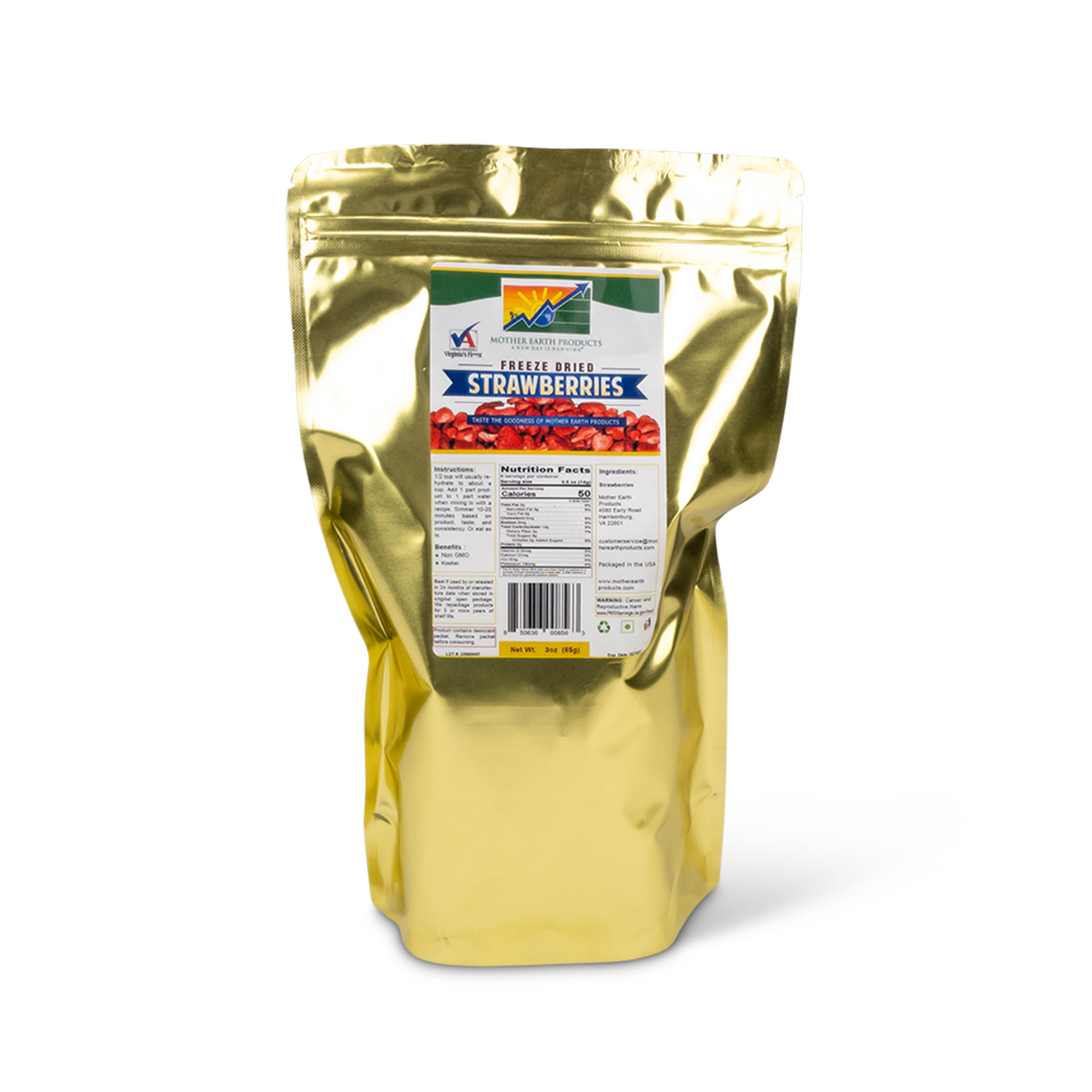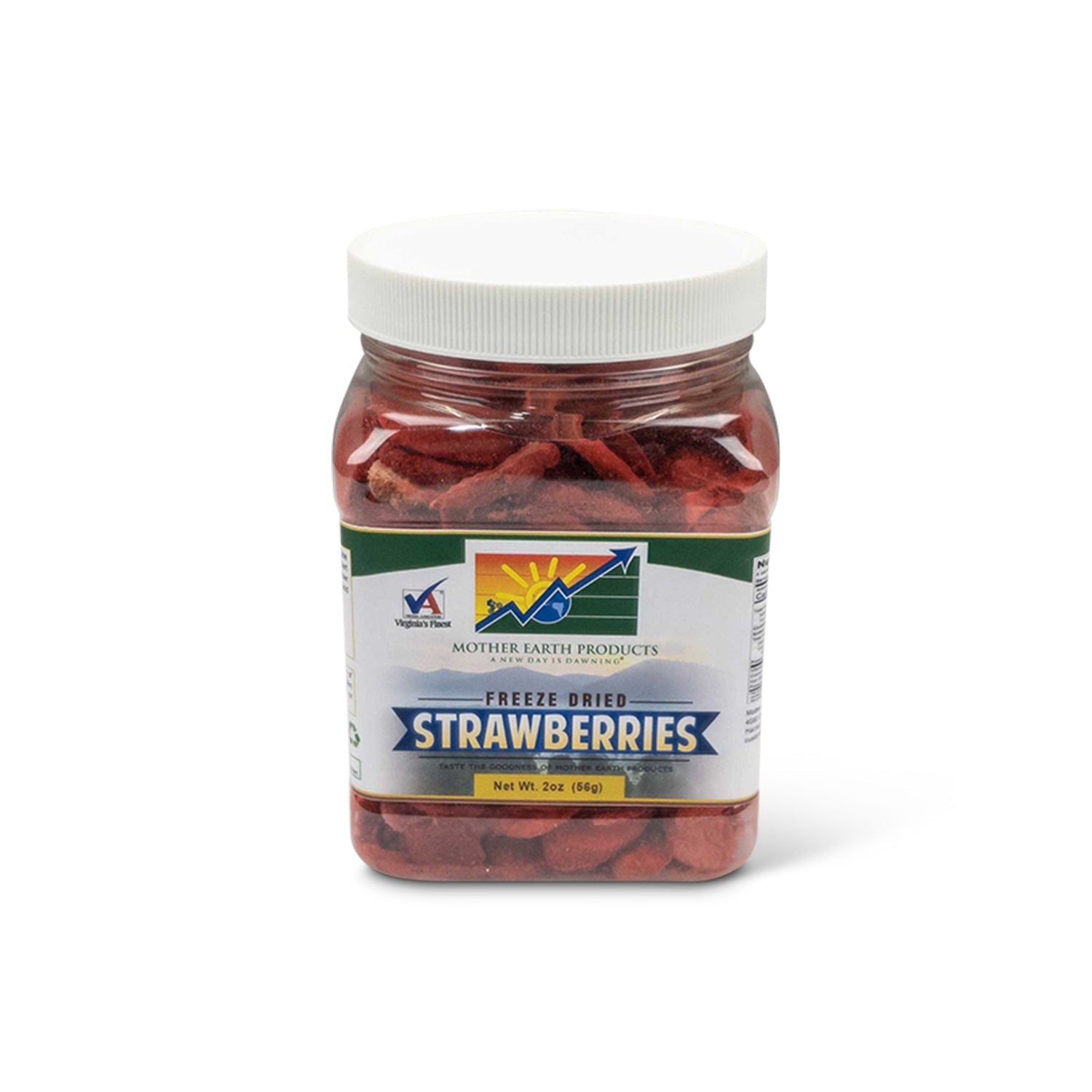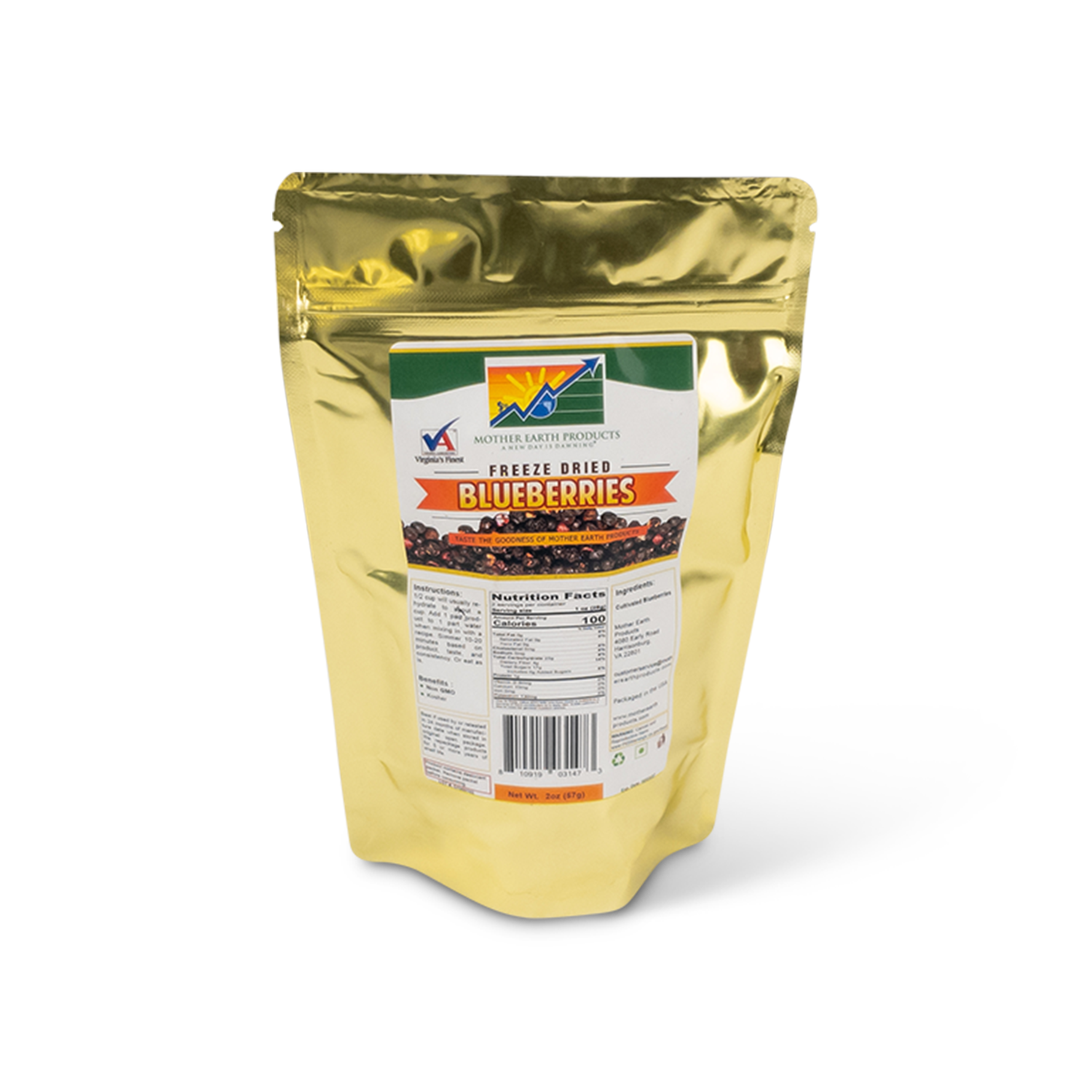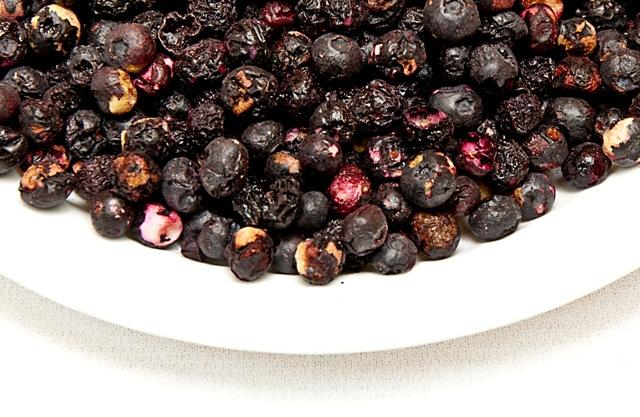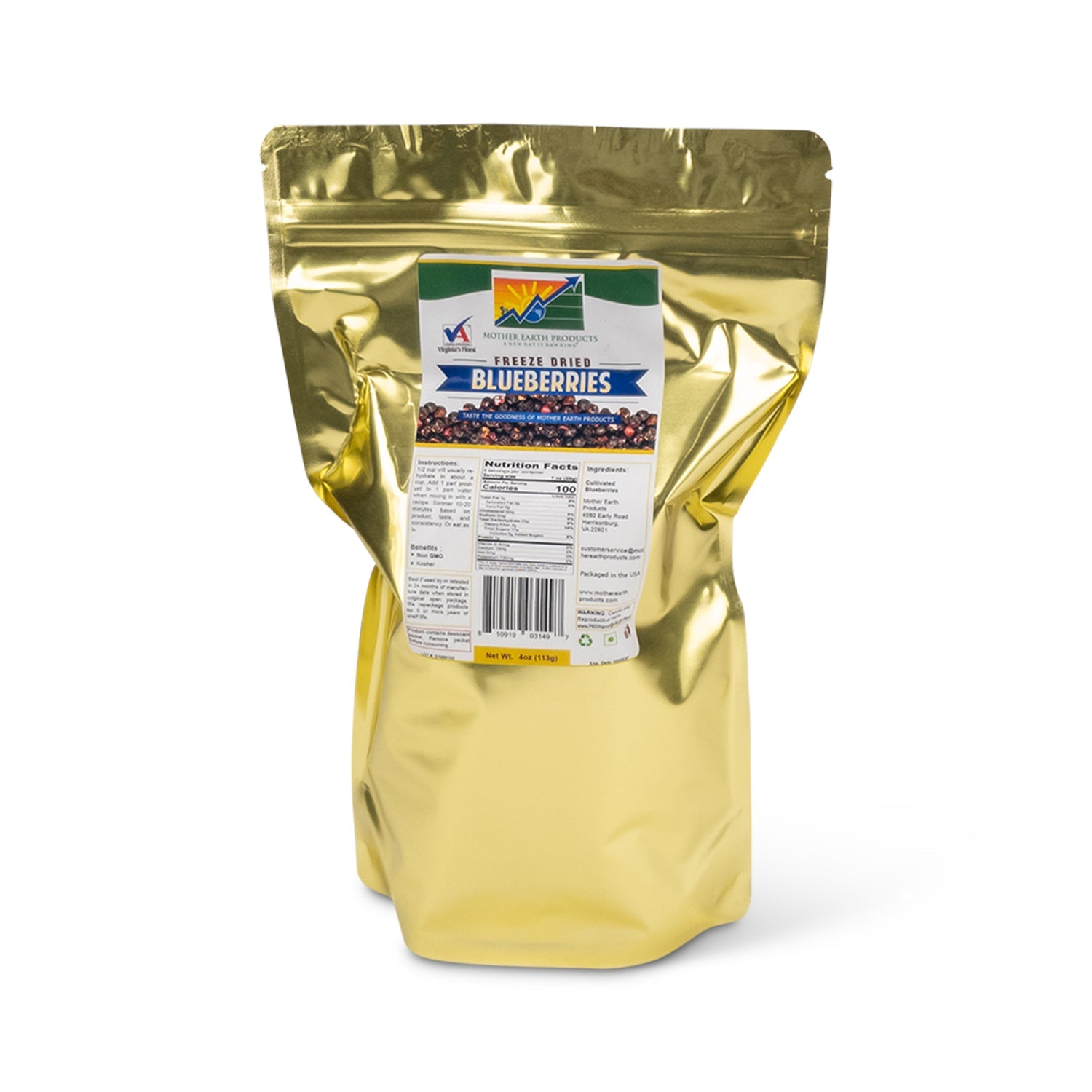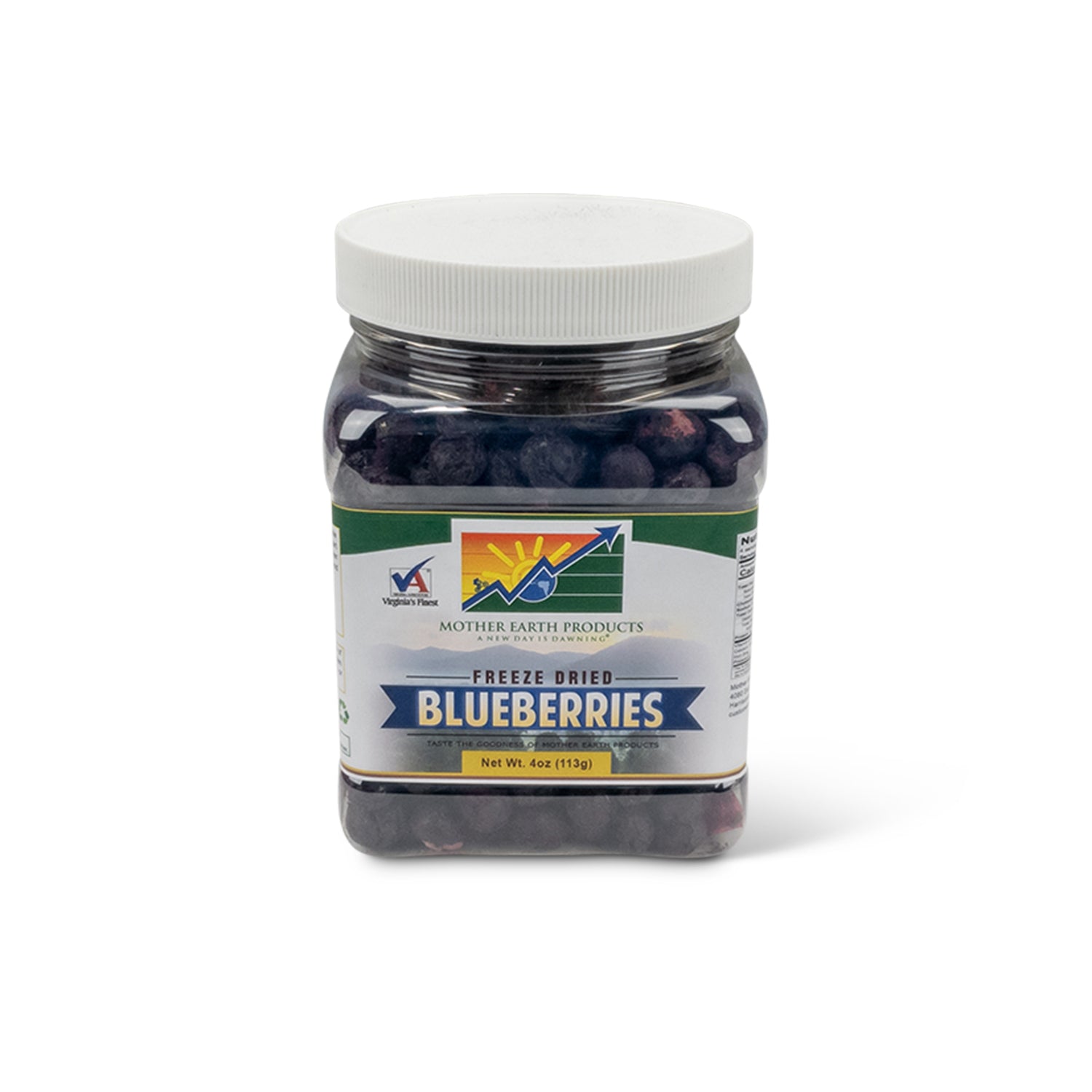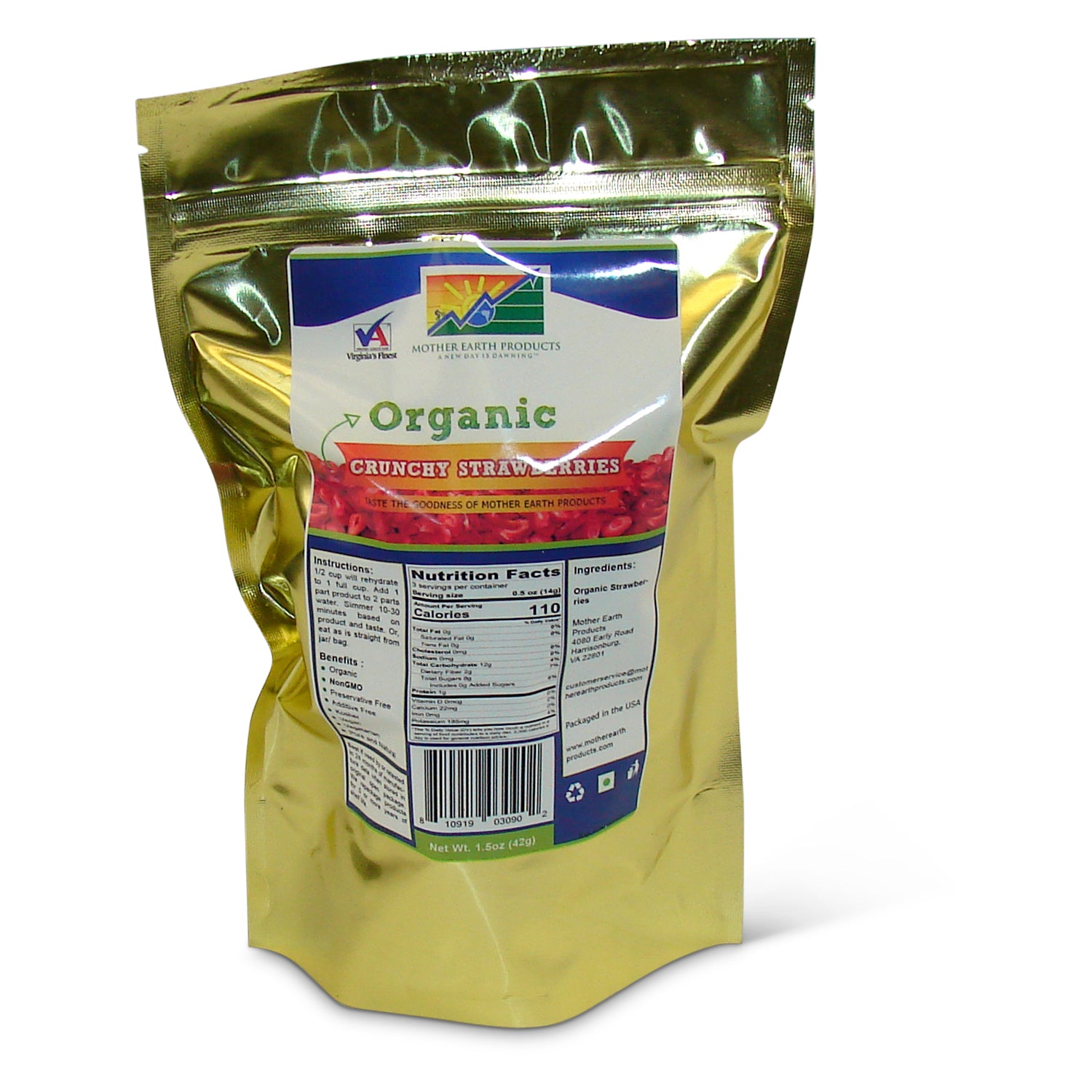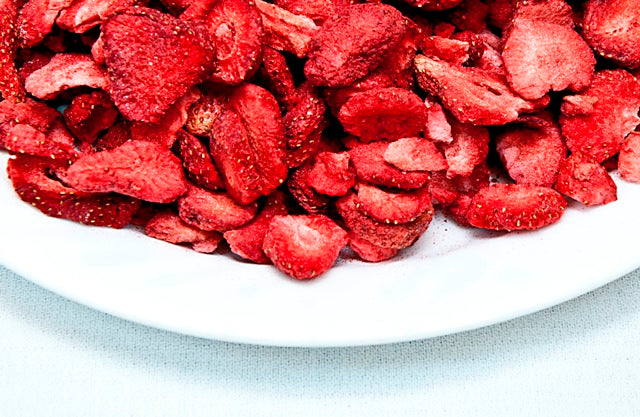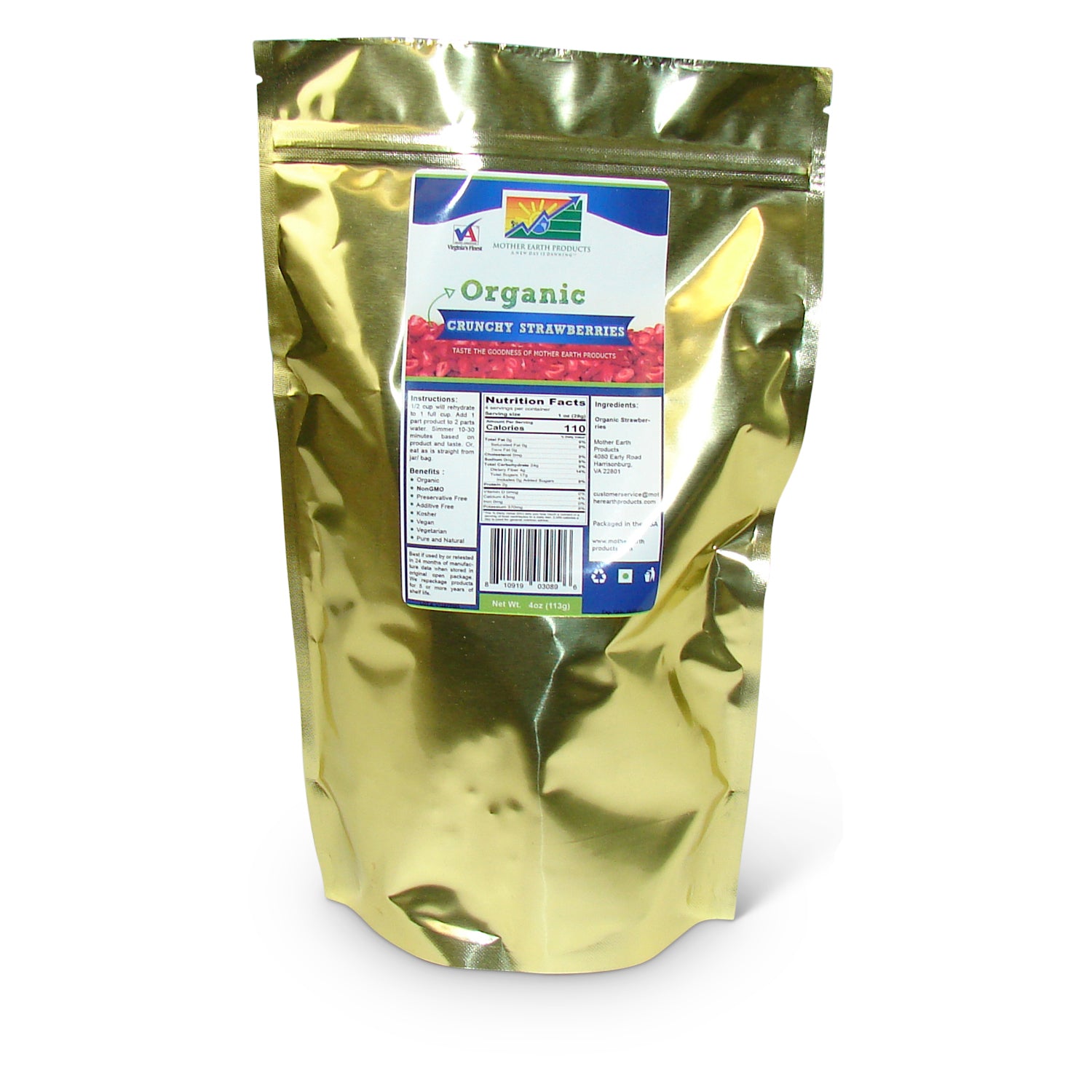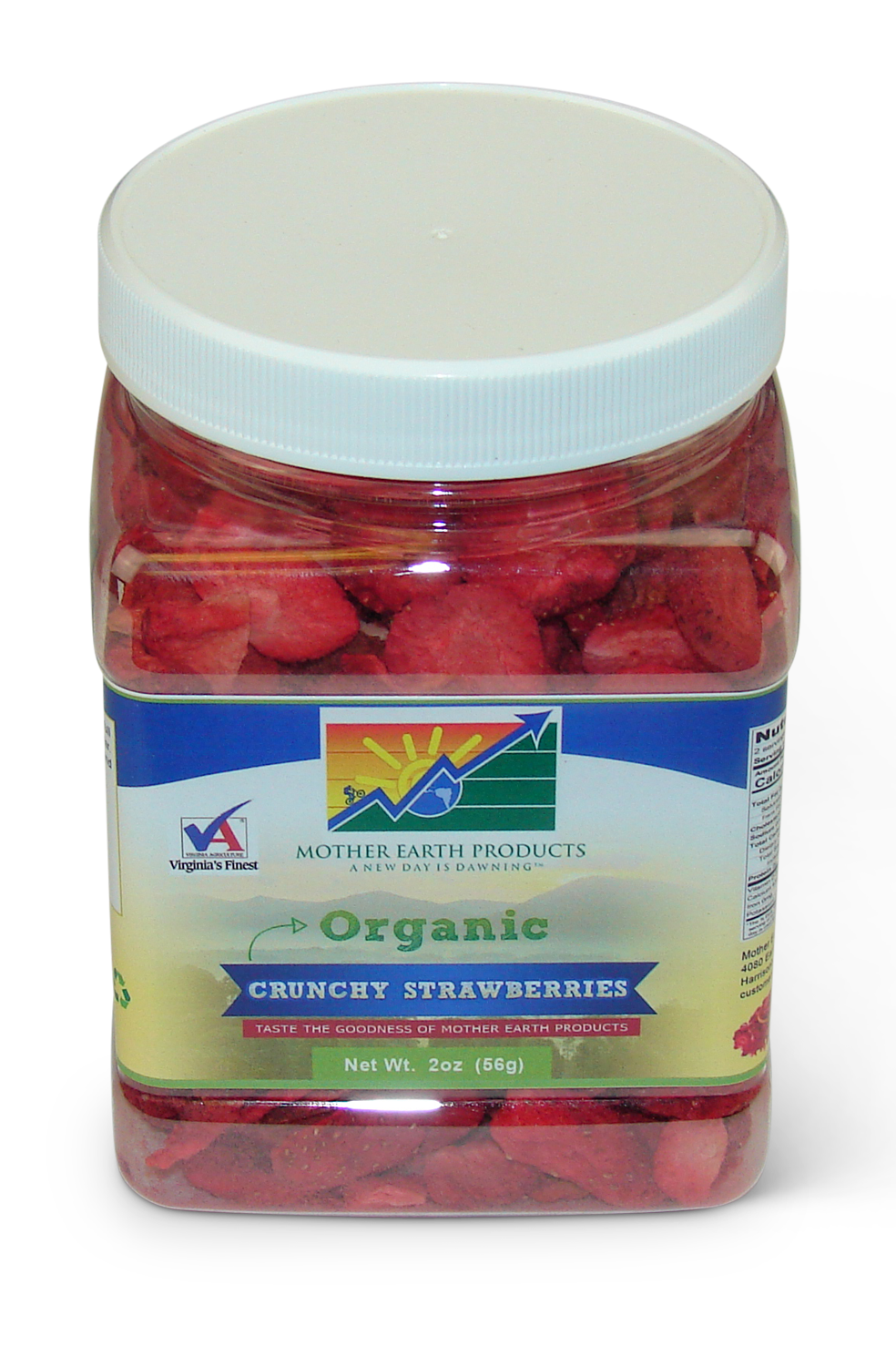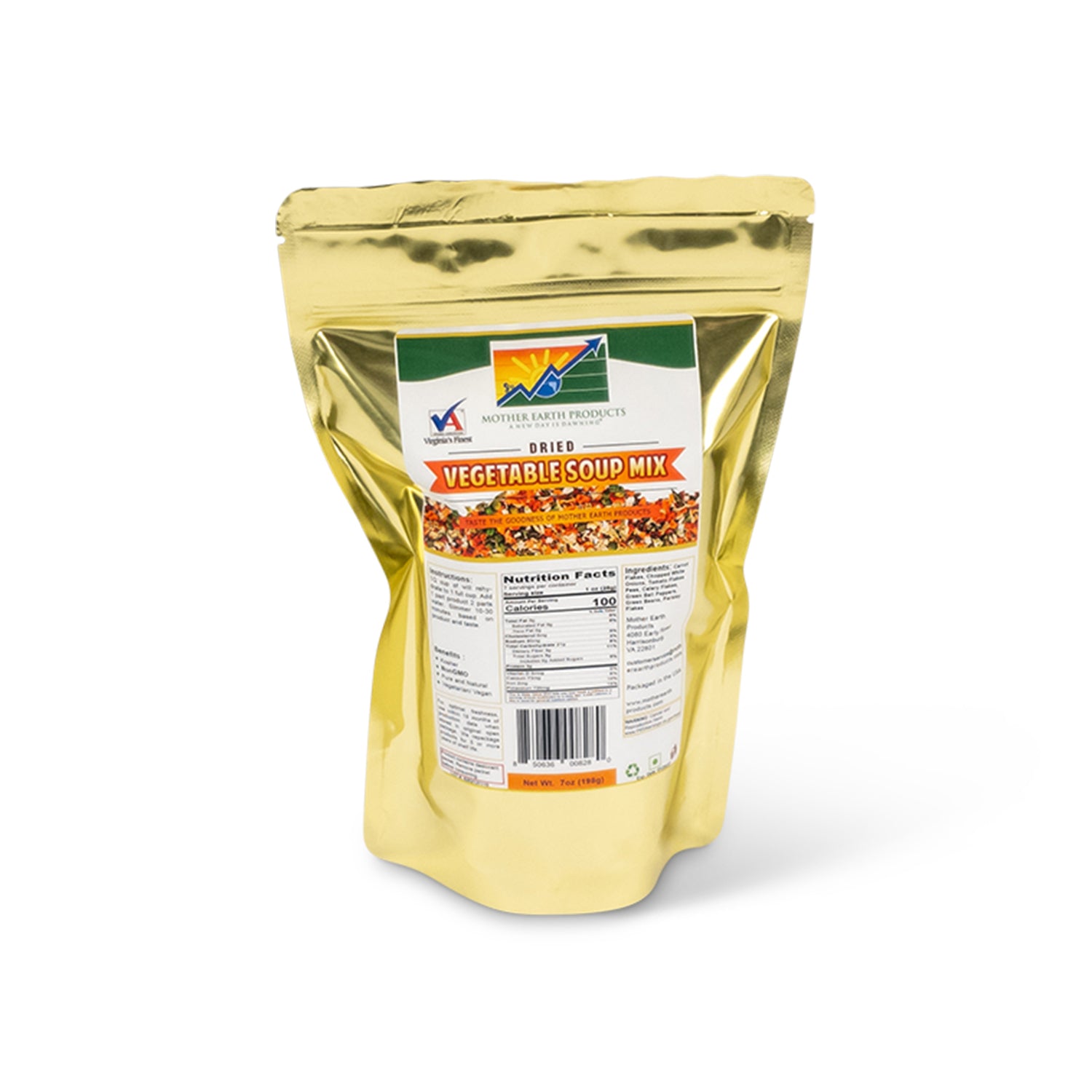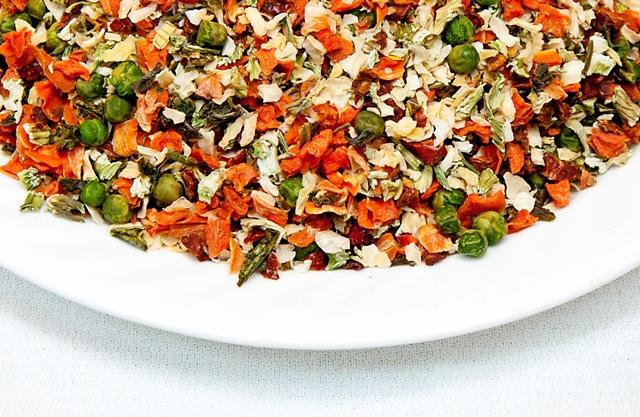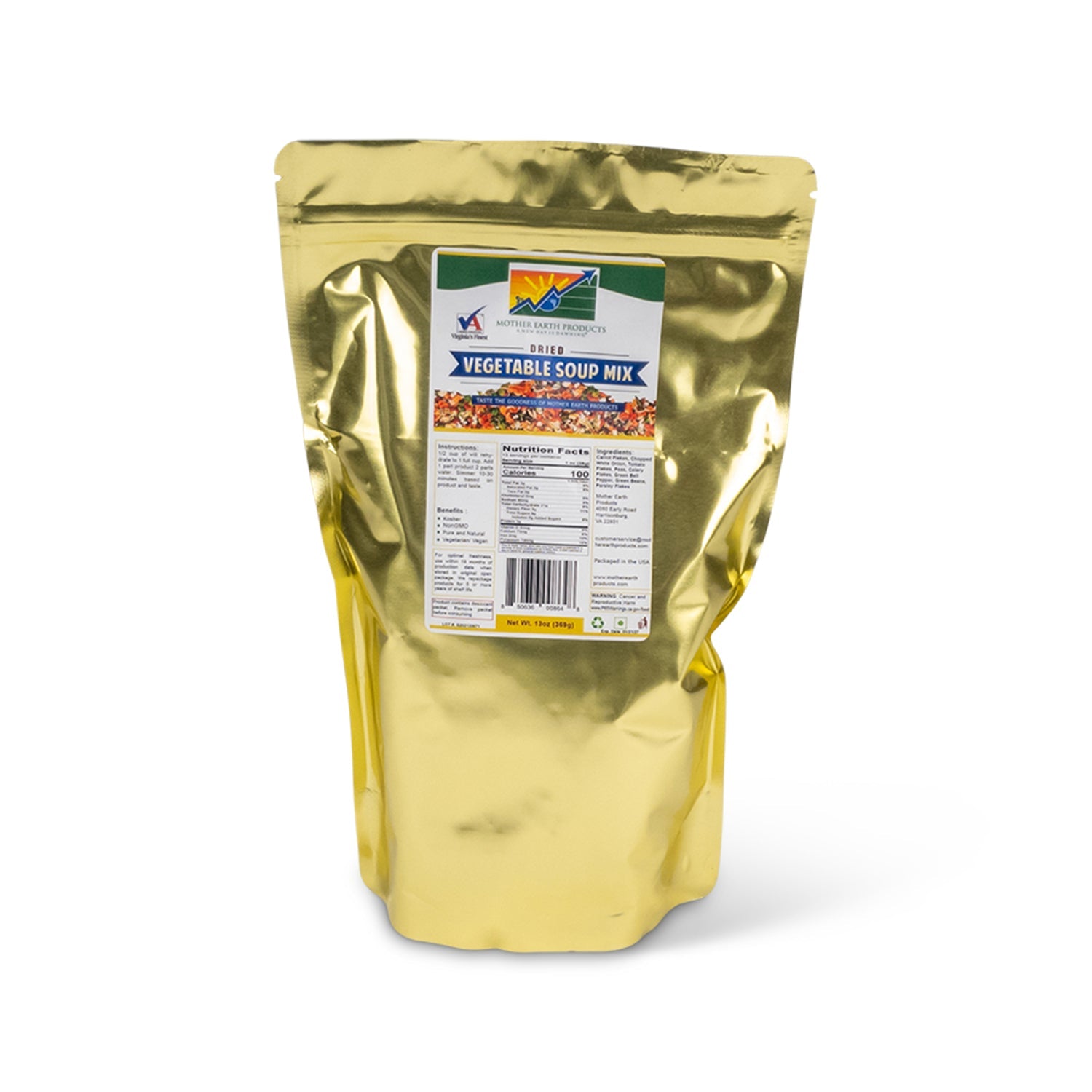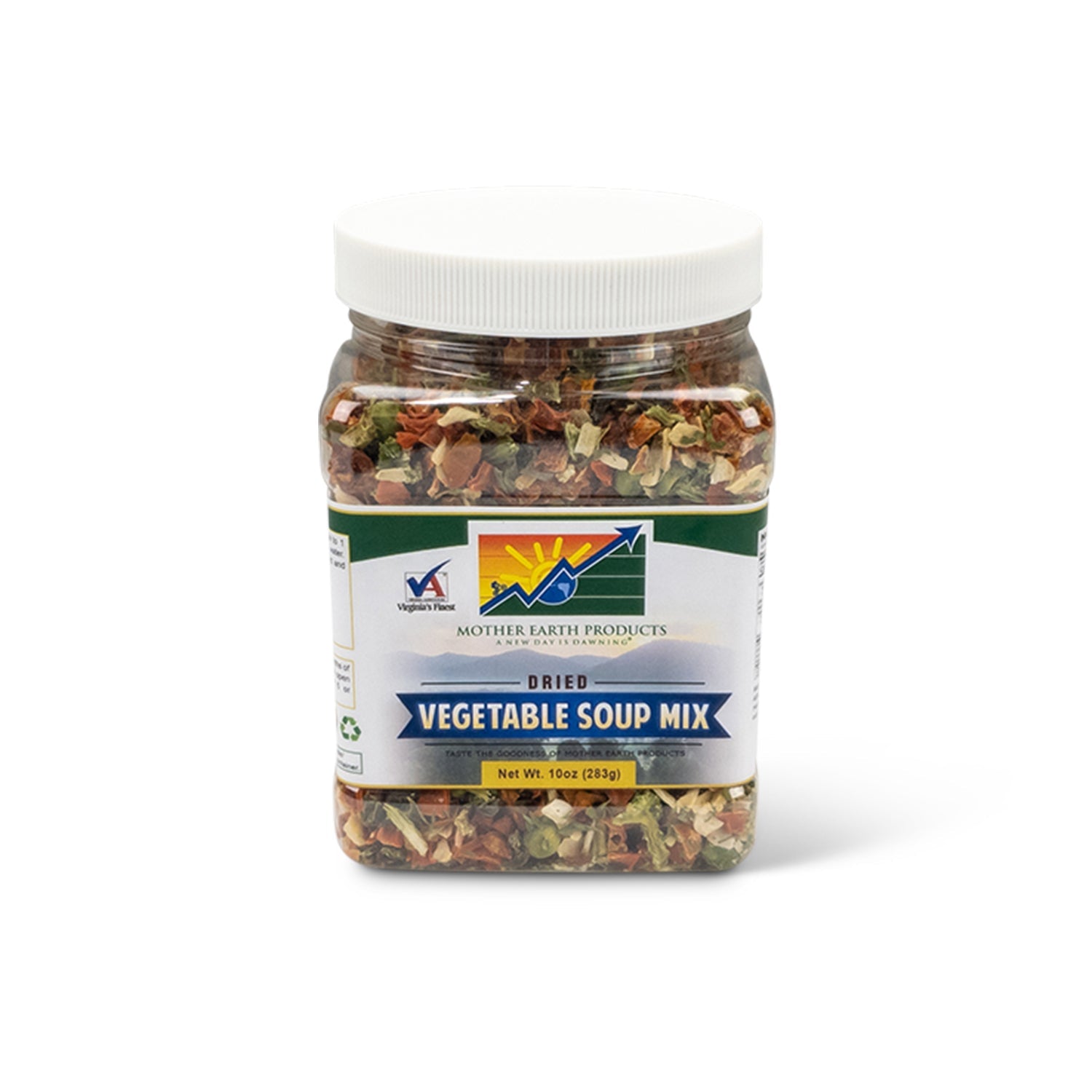Winter is that time of the year when heating bills skyrocket, and many families have to make a tough choice between buying more food supplies and paying high electricity bills. When the temperatures begin to take a dip, some of us resort to cuddling up by the fire, sipping hot chocolate or tea, and getting stuck indoors.
You also have to remember that you may get unexpected car repairs and medical bills due to the cold. Other unexpected occurrences can be a sudden power outage that could disrupt your everyday life. But it doesn't have to be that way.
Fortunately, you can have more than one month of food stock to prepare you for survival during winter. This article shares a winter emergency food kit guide with some of the best survival foods that will provide the best nutrition and last for a long time in your pantry to help you prepare for unexpected situations.
Factors To Consider When Creating Your Winter Emergency Food Kit
Understanding the basis of emergency foods is vital. It is not just about grabbing a few canned foods. There are several factors to consider to ensure that your emergency food kit will provide you with a balance of essential nutrients and will also be suitable for emergencies due to external factors. Let’s look at some of the things to consider.
1. Shelf life
A winter food kit should have an extended shelf life. The food should be able to last long without spoiling.1 For example, freeze dried or dehydrated foods have a long shelf life because they have a low moisture content, which prevents them from spoiling.
2. Nutritional value
The foods you choose should provide the necessary nutrients for your health so that you are not missing out on any important nutrition. Remember that during winter, your immune system may suffer, and you may have a higher risk of getting a cold. So, you need to consider foods rich in nutrients that support your immune health.
Thankfully, the process of freeze drying and dehydration does not alter the taste or nutritional value of the products, thus making them excellent for providing a balanced diet for survival during winter. Furthermore, they are shelf stable and can last for years without refrigeration because the processes removes the moisture from food that would otherwise make food go bad.2
3. Easy to prepare
Winter comes with unexpected issues, such as power outages and high energy bills. Thus, you need food that you can prepare in a short time. Stocking your pantry with freeze dried foods is the best way to ensure that you have shelf stable foods that need less time to prepare and are readily available in your home.
4. Storage requirements
The best foods for emergencies should take less storage space. The good news is that freeze dried foods are lightweight because of their low moisture content, which makes them convenient for small storage spaces.
You also need a cool, dark place for most foods to get the best temperatures to prevent spoilage and extend their shelf life.1 Ensure to label the foods according to what you bought first and implement the first-in-first-out method in your pantry so you can eat the older ones quickly to prevent food spoilage.
7 Best Foods To Consider in Your Winter Emergency Food Kit
Now that you understand the factors to consider when selecting the best foods from the emergency food kit, let's look at some of the best survival foods that make the cut.
-
Grains
Grains such as rice, pasta, oats, and quinoa are at the top of the list of emergency foods. Whole grains are rich in complex carbohydrates, which provide fuel for your body to perform daily functions.1 Moreover, they are versatile and easy to prepare to make a healthy meal in less time.
Stock up 30 to 100 cans of dried grains because they can remain fresh longer and can last you about 2 to 3 months. You can also stock whole wheat crackers to have ready snacks for you and your family and ready-to-eat grain cereals with no added sugars.
-
Legumes
Legumes are packed with fiber, which is important to keep your digestive system functioning correctly. They also provide protein, which is essential to maintain your muscles and tissues.3 Beans, lentils, and pulses are easy to prepare and give you healthy options for meals.
Consider dehydrated legumes because they have a long shelf life and are ready to cook. You don't have to sort, wash, or boil, which saves time and energy for winter. Here are some legumes to consider:
-
Fruits and vegetables
You need healthy snacks - fruits and veggies - during winter to boost your vitamin and mineral intake to support your immune system and ward off illnesses.1 They are also rich in fiber, which is good for your digestive health. Stock a variety of fruits so that you can have a reliable source of nutrition during winter.
However, fruits and vegetables go bad really quickly. That’s why stocking freeze dried fruits such as bananas, apples, pineapples, mangos, and veggies ( broccoli, spinach, cauliflower, and green beans) is an excellent way to extend their shelf life and reduce the worry of constantly checking whether the food has gone bad. Also, consider dried fruits like apricots and raisins, which provide a quick energy boost.
-
Meat and dairy
You need protein from lean meat and dairy products. The only problem is that they need refrigeration. Freeze meat, chicken, fish, milk, and yogurt that will last for a month or more in the freezer to have ready food for emergencies.
Alternatively, buy canned options because they can stay without refrigeration for years. For dairy, you can consider powdered milk or ultra-heated milk because it doesn’t require refrigeration and will serve best in case of a power outage. If you are vegan or have lactose intolerance, consider textured soy protein bits, which are available in different flavors: beef bits, sausage, bacon, and chicken bits.
-
Nuts and seeds
Plant based proteins like nuts and seeds are high in energy, fiber, essential vitamins, and minerals to help you eat healthy during winter.2 Store these in airtight containers in a cool and dry place to ensure they last longer. Consider nut butters or seed butterbecause they may have a longer and more stable shelf life and are a good source of energy. The best nuts to buy include almonds, peanuts, cashews, walnuts, pecans, and macadamia nuts.
-
Water
It is essential to stay hydrated all day, even during winter.4 You will also need enough water to rehydrate freeze dried foods. Ensure to have enough stock of drinking water. Try stocking a week’s worth of supply that is enough for you and your family.
-
Other essentials
Stock up on other essentials such as sugar, salt, sweeteners, tea, honey, coffee, cooking oil, vinegar, and salad dressings according to your preferences. Also, consider herbs and spices such as dried chives, tomato flakes, leeks, garlic, and mixed bell peppers to add natural flavor to your food.
FAQs
What food should be packed in an emergency kit?
You need to pack shelf stable foods that require little or no refrigeration. The top emergency foods include whole grains, nuts, seeds, dried legumes, lean meat, dairy products, freeze dried fruits, and vegetables.
How much food should I prepare for an emergency?
You need at least one week's worth of food at home at all times to help you survive during an emergency.
How can I ensure my survival food storage lasts for a long time?
To ensure your survival foods last a long time, choose shelf stable foods: dried whole grains, dehydrated legumes, and freeze dried fruits and vegetables. Stock your food in a cool, dry, and dark place in airtight containers to extend the shelf life.
Final thoughts
Stocking your pantry during winter is not just about stockpiling food. It is essential to consider the nutrition, shelf life, and storage requirements of food and ensure that you eat a balanced diet during winter. By following this winter emergency food kit guide, you’ll have all the essentials to help you stay healthy. Click here to purchase freeze dried supplies to reduce the hassle of grocery shopping and have readily available food to keep your family prepared for any emergencies in winter.
References


